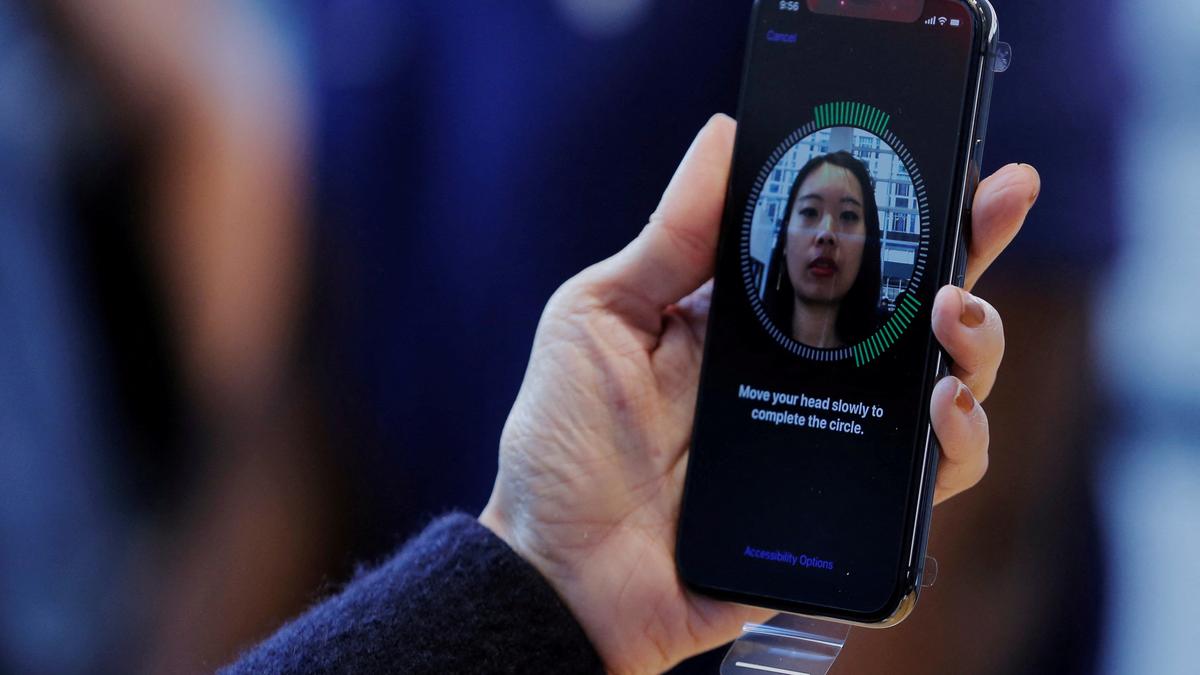Blog Credit: Trupti Thakur
Image Courtesy: Google
The Radio GPT
RadioGPT is an innovative tool developed by Futuri Media that brings a unique twist to localized radio content. Using GPT-3 technology and Futuri’s AI-driven targeted story discovery and social content system, TopicPulse, RadioGPT delivers engaging and personalized content in real-time to listeners. It offers a range of features that can enhance the overall radio listening experience, including teasing and pre-promoting content, talking about local weather and traffic, and greeting listeners using Futuri Streaming. With the capability to create content based on the music logs of the radio station and use AI voices for hosting shows with up to three different voices per daypart, RadioGPT provides a comprehensive tool for creating an immersive experience. Stations also have the option to train the AI with their own personalities, making the experience even more personalized and unique. RadioGPT is more than just a tool for providing localized content. It can post on social media, attract new and younger audiences, and increase advertising revenue. By analyzing listener behavior and interests, RadioGPT can provide insights that help radio stations to make informed decisions about programming, sponsorships, and promotions. One of the most significant benefits of RadioGPT is its ability to cater to local tastes and preferences, and update the content accordingly. This feature is especially helpful for stations that serve a diverse range of listeners. Moreover, the tool can create unique and compelling content that reflects the local community’s interests, culture, and values. Overall, RadioGPT is a cutting-edge tool that revolutionizes the way localized radio content is created and delivered. With its remarkable features and user-friendly interface, it is a one-stop-shop for stations that want to take their radio listening experience to the next level.
What is RadioGPT?
RadioGPT is an AI tool that combines different technologies to “host” a radio show. According to the media company that made it, Futuri, RadioGPT is:
The world’s first 100% AI-driven radio host.
What RadioGPT Can Do
- Identify trends by scanning social media & other sources of news/info.
- Write scripts using GPT (generative pre-trained transformer) technology.
- Reading the generated scripts on-air via up to three AI “personalities” (i.e. radio hosts).
- Be trained to impersonate a radio station’s host.
Sound familiar? That’s because the GPT technology is the same as what powers ChatGPT.
If that’s not enough, RadioGPT will also be able to create and push out content across your channels. From your radio stations blog, right through to Instagram Reels and YouTube Shorts.
Programming is available for individual dayparts, or Futuri’s RadioGPT can power the entire station.
But What Do AI Radio Hosts Actually Sound Like?
We know what you’re thinking…won’t an AI Radio Host or “personality” sound a little…robotic? Well, have a listen for yourself. Futuri has a running RadioGPT stream so you can hear the technology in action.
To us at Radio.co HQ the AI voices sound very human-like, but not 100%. That said, our opinion might be biased because we know they’re AI voices.
But what further gives the game away is how smooth the AI generated voices are. There’s no sign of any ‘ums’ and ‘erms’ in the RadioGPT demo.
Problems with RadioGPT?
Before you pack up your headphones and call it a day, let’s cover RadioGPT’s current problems.
Loss of Personal Connection
It seems that RadioGPT is missing the point about radio. In a recent survey* we conducted, over half of listeners said they used radio to connect with their community or for company. We tune in because to hear a person on the other side, talking to us.
And many of us listen to the radio for particular people. A great broadcaster shouldn’t be underestimated. With our favourite radio hosts, we learn about their lives, their backgrounds and their thoughts and tastes. This can create a deeply personal connection. Loyal listeners follow their favourite presenters to new stations. Just like Shaun Keaveny’s did when he left BBC 6music, and started his
Blog By: Trupti Thakur

04
MarThe Radio GPT
Mar 04, 2024Recent Blog
India’s Steps Into 6GMay 15, 2025
The New Accessibility Feature of AppleMay 14, 2025
The Digital Threat Report 2024May 13, 2025
The MADMAX ExperimentMay 12, 2025
The EntraID Data ProtectionMay 10, 2025




